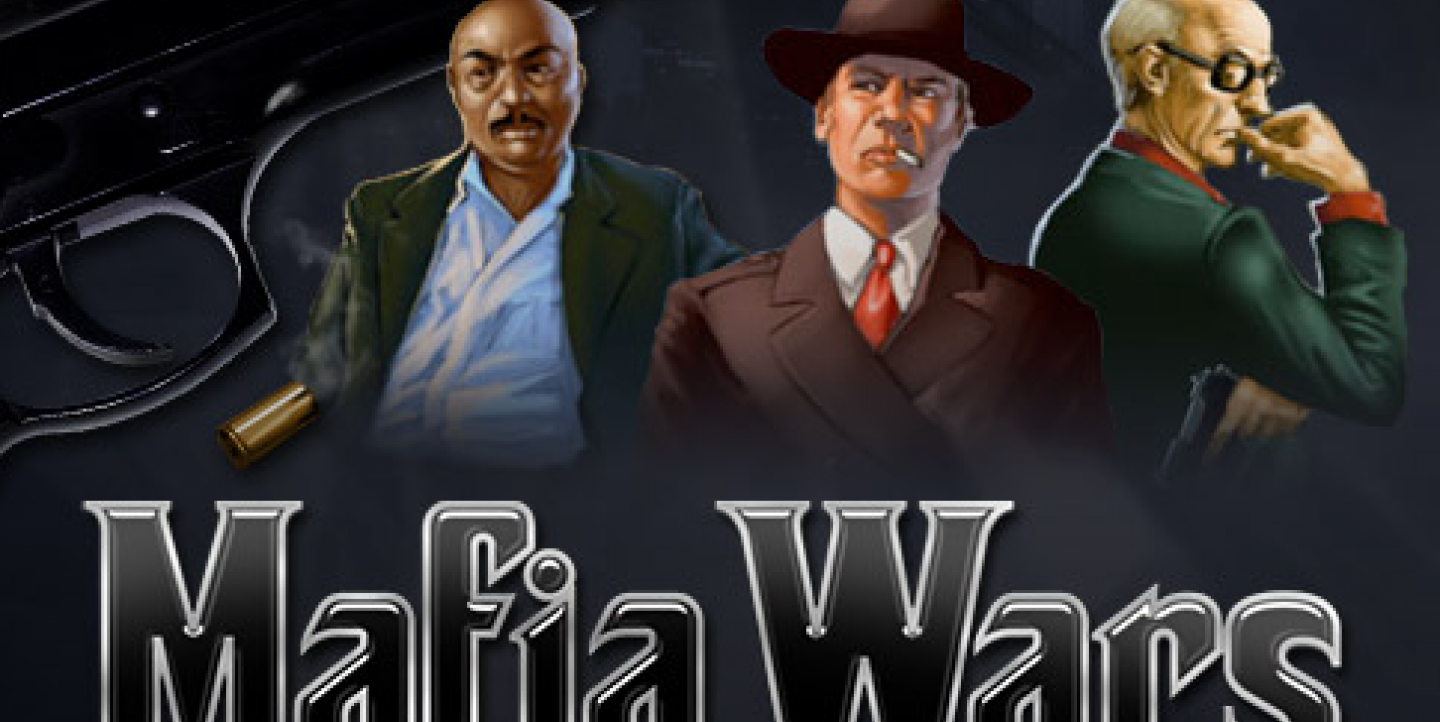News sites often seem interested only in earning eyeballs and getting readers to behave themselves on comment threads. But what if they harnessed passionate reader interest the way game communities do?
Nathan McGee, community manager for Zynga's "Mafia Wars," shared insights on how to grow "super fans" at an Online Community Meetup hosted at TechSoup in San Francisco. Here are McGee's main points and how IJNet thinks news organizations can implement them. (You can see slides from his presentation here).
Show you like em'. McGee tells an aw-shucks story from his college days about a girl who told him he had nice eyes. "I was immediately more interested in her because she was interested in me."
He recommends new community members get "introduced" and greeted, much like new arrivals at a party, right away. Better yet, let community members play host and make them feel at home. "You want it to feel welcoming, like 'Cheers:' where everyone knows your name."
This is a far cry from how many publications deal with readers, barely giving them the dignity they once had with "Letters to the Editor."
Other simple ways to recognize your fans, McGee says, include sending a note of appreciation, a birthday message and swag, even inexpensive items like stickers.
Why bother? The more engaged your readers are, the longer they stick around and the more they buy. "Super fans" spend 25 percent to 30 percent more at the time of purchase, and 53 percent buy more frequently.
Give your fans access, responsibility and tools to connect. Community members in good standing are asked for advice, given previews and sneak peeks.
"Ambassadorship /VIP treatment can really boost your potential super fan's esteem for your brand," says McGee. He also recommends helping them connect via tweetchats, meetups, fan clubs and help group them into other sub-groups.
What if constructive participation gained readers access to the newsroom? This could include live Q&A discussions with journalists or columnists or more behind-the-scenes projects like Wired's birth of a feature story or one local paper's online news planning meetings.
Give them a collective identity. Mafia Wars fans have organized themselves into "families" with logos and slogans. These groups end up helping each other in the real world, too, even "warring" against each other to raise funds to cover a child's health care costs, for example.
McGee cites other examples of fan communities with strong identities -- Deadheads and Little Monsters -- which might be harder to imagine in a news organization. (The TKs? The Alternate Heds?).
While there was some jocular debate over the term "gameifcation", there is value in helping those smart, sharp-eyed readers focus into interest groups, even in a more formal organization.

